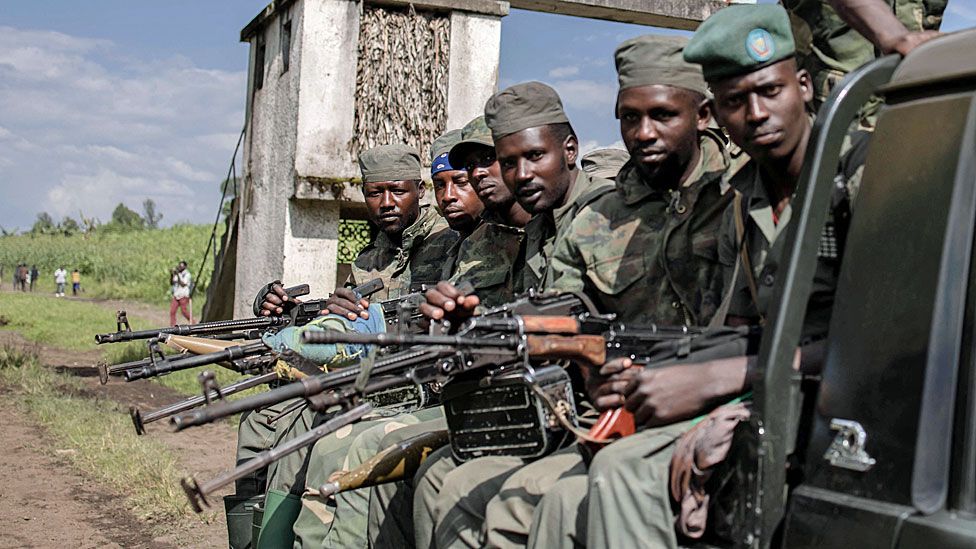
More than 900 people have been killed in the past two weeks as intense clashes continue between M23 rebels and government forces in Goma, a key city in the eastern Democratic Republic of Congo (DRC).
According to a statement released late Monday by the World Health Organization (WHO), approximately 2,880 injured individuals have been admitted to various health facilities in Goma since January 26.
M23 Rebels Seize Goma Airport, Forcing Mass Displacement
Last week, the M23 armed group, backed by Rwandan troops, took control of Goma’s airport as its fighters advanced through the regional capital of North Kivu. The escalation has forced tens of thousands of residents to flee their homes, worsening an already dire humanitarian crisis.
With Goma now under their control, the rebels pushed towards Bukavu, another major city in eastern DRC. Previously, M23 had declared its intention to march towards the national capital, Kinshasa. However, in a recent statement, the group denied any plans to capture Bukavu.
“It must be made clear that we have no intention of capturing Bukavu or other areas. However, we reiterate our commitment to protecting and defending the civilian population and our positions,” M23 spokesman Lawrence Kanyuka stated.
Rebels Declare Ceasefire Amid Humanitarian Crisis
Meanwhile, Rwanda-backed forces in eastern DRC announced on Tuesday that they would pause their offensive for humanitarian reasons.
The Alliance Fleuve Congo (AFC/M23) rebel coalition declared a unilateral ceasefire starting February 4, 2025, citing growing humanitarian concerns.
In a statement posted on X (formerly Twitter), the group said:
“The Alliance Fleuve Congo (AFC/M23) informs the public that, in response to the humanitarian crisis caused by the regime in Kinshasa, it declares a ceasefire starting February 4, 2025, for humanitarian reasons.”
Despite the ceasefire declaration, the DRC government in Kinshasa has yet to respond. It remains uncertain whether the Congolese military will observe the truce, given that previous ceasefires in the region have repeatedly been broken.
Humanitarian Agencies Sound the Alarm
Before the ceasefire announcement, the International Committee of the Red Cross (ICRC) reported treating over 600 wounded individuals since the start of January—nearly half of them civilians, including women and children.
The WHO has also warned of an increased risk of disease outbreaks, including mpox, cholera, and measles, as displaced populations struggle to access medical care.
As the crisis deepens, international organizations continue to call for urgent humanitarian assistance to support those affected by the ongoing conflict.
